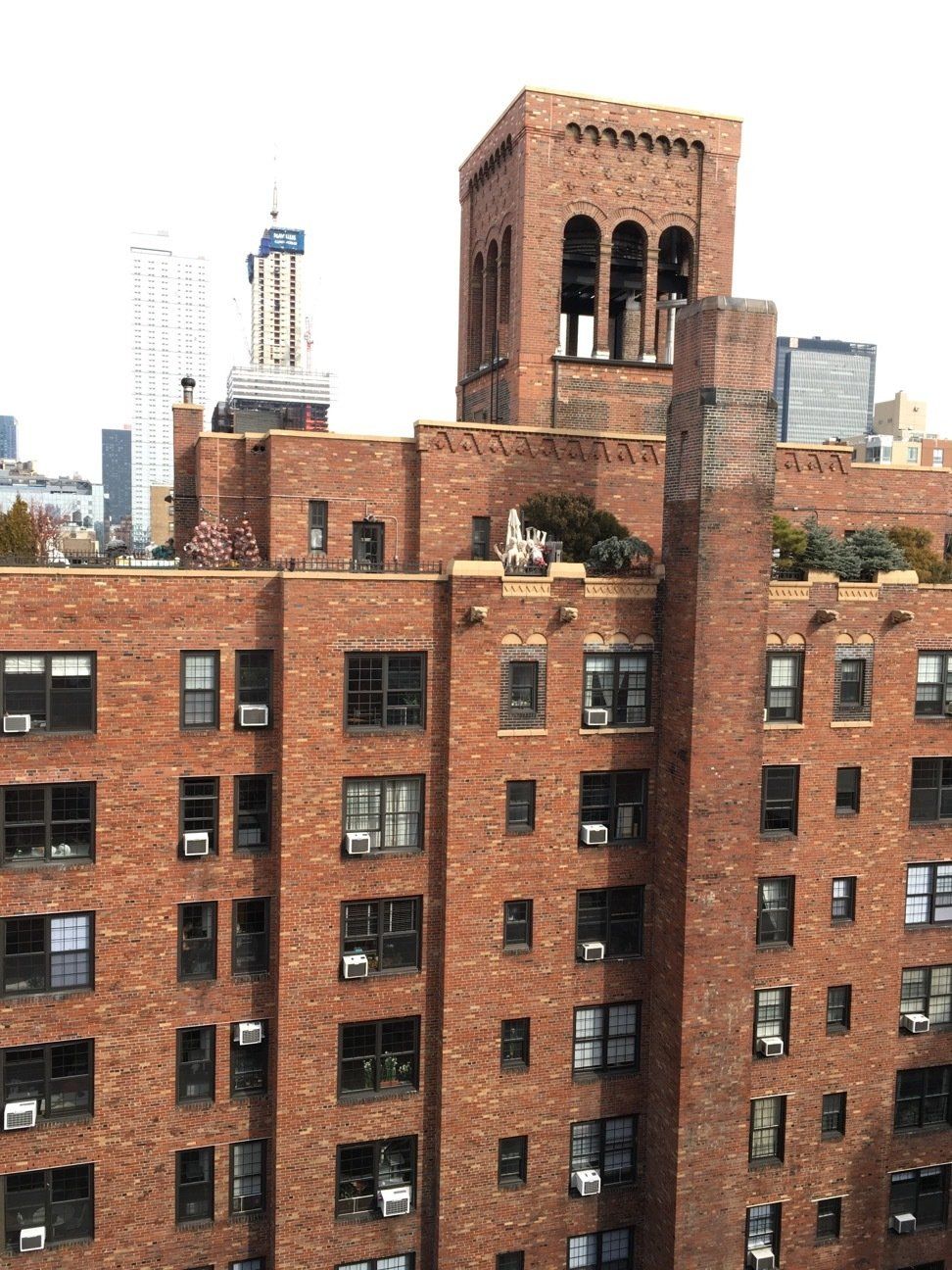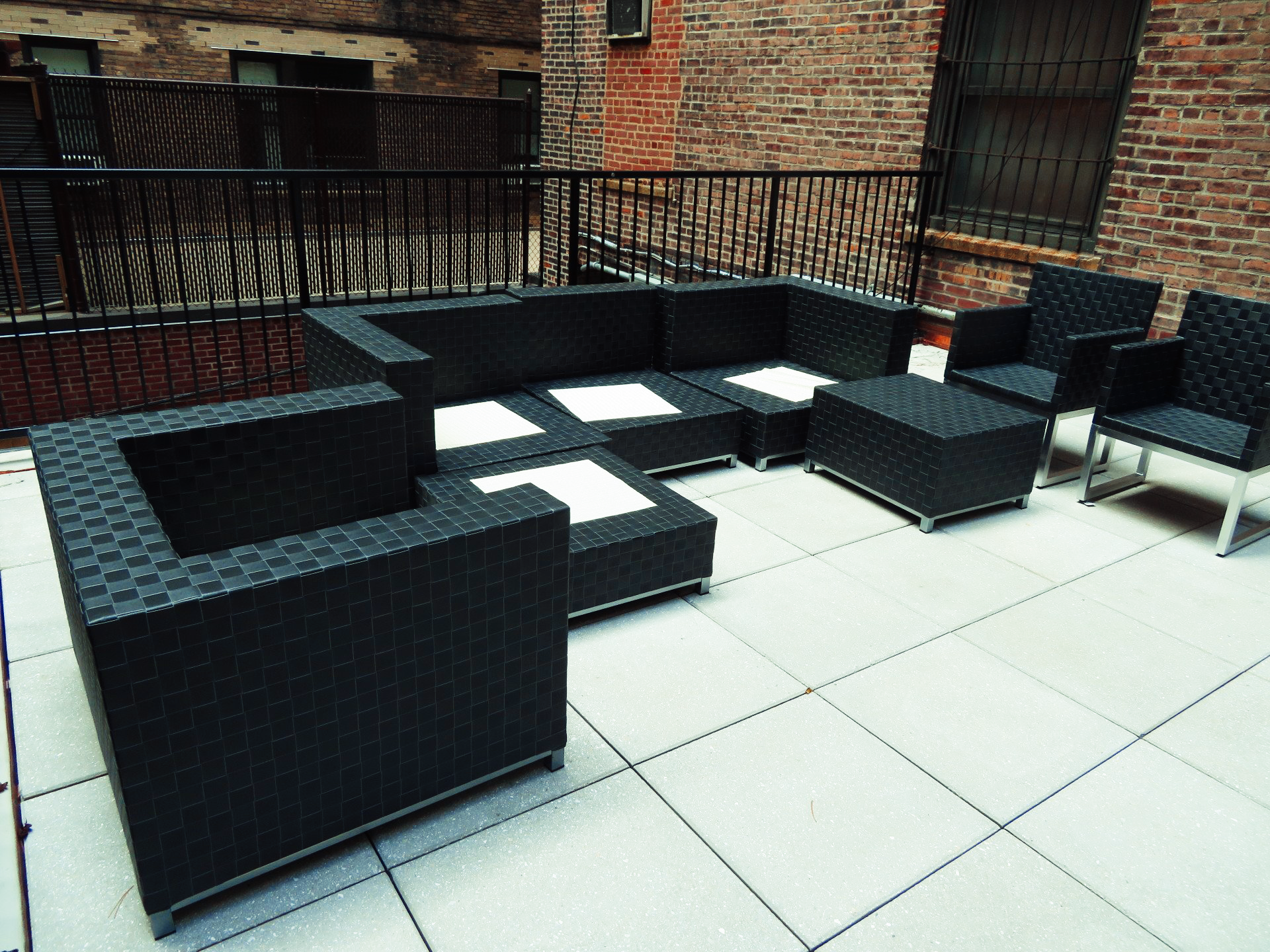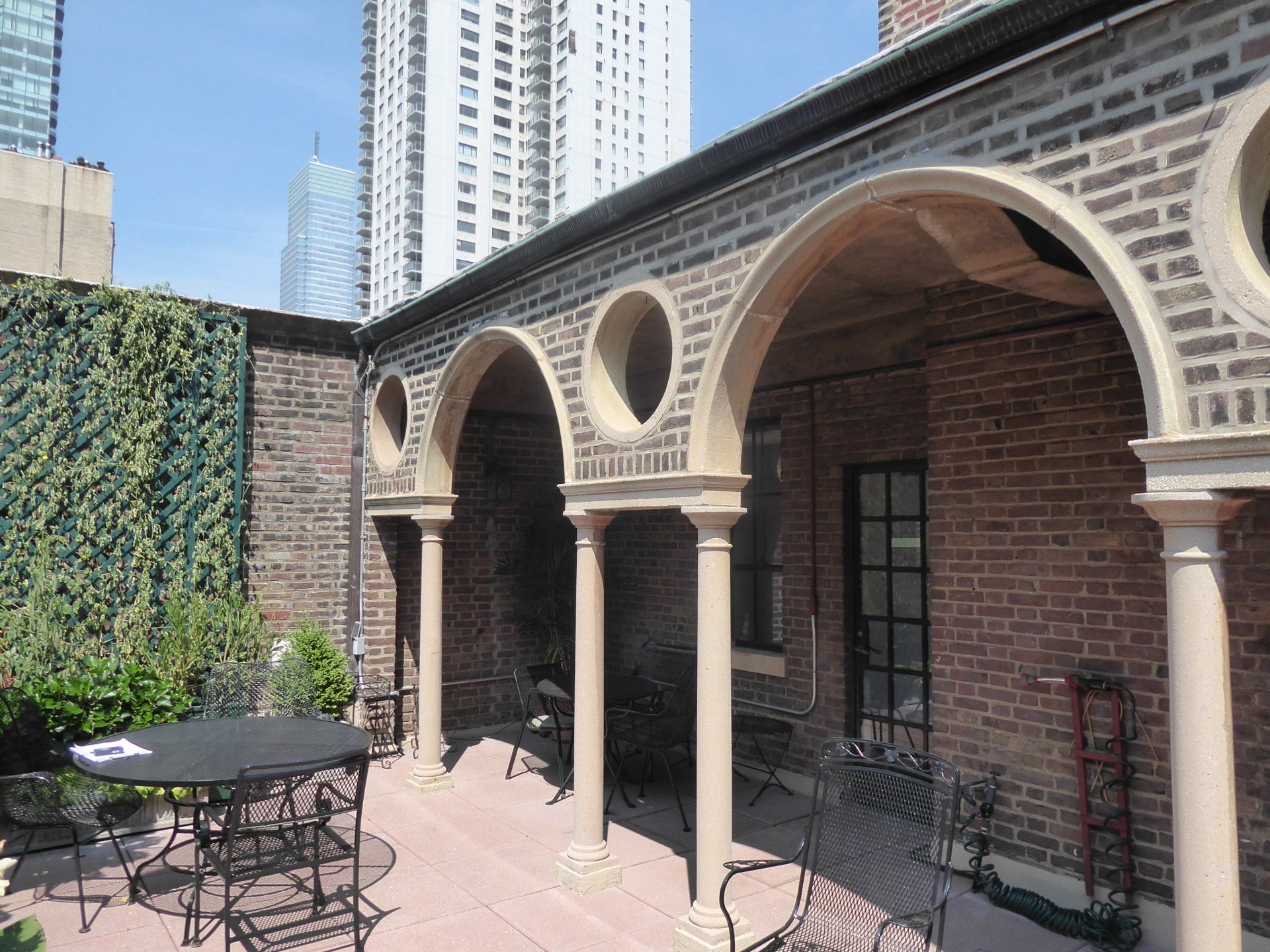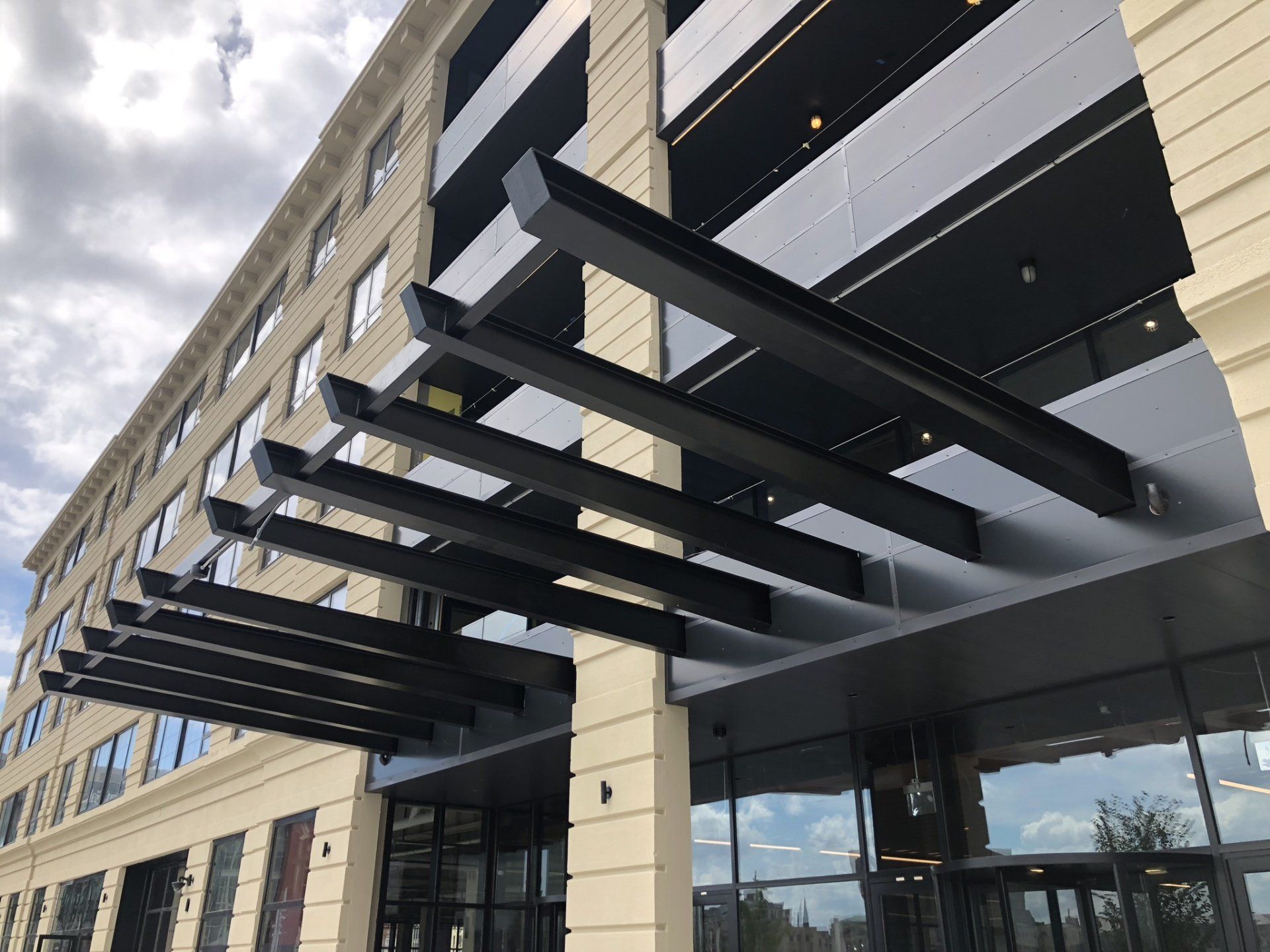Apartment Alterations
New construction isn’t the only thing booming in New York City today. Owners of co-op and condo apartments are embarking on ever-more-lavish projects to combine apartments, renovate interiors, and add amenities. And why not? After all, it’s an excellent way to improve the comforts and value of a home.
However, co-op and condo boards are asking for possible problems if there are no regulations in place to govern the process. An apartment renovation can affect not only the individual apartment but also the quality of life of neighbors – not to mention the structural integrity of the building.
Boards, shareholders, and unit-owners must know the renovation rules before the process begins.
Alteration Reviews
On behalf of the Building Owners and Management, STONE reviews plans and documents for proposed alterations to apartments and commercial spaces within the subject building while preparing written progress reports for management and board to review and be assured everything is going per code and rules.
Boards, shareholders, and unit-owners must know the renovation rules before the process begins. The management company overseeing the building should supply information governing the planned work, including the alteration agreement, which lays out the specific rules. These rules guide the entire process, from alterations that prohibit one from requiring a review by the co-op’s or condo’s licensed architect or engineer. Some renovation proposals may be considered cosmetic and do not require the same degree of scrutiny. The agreement will also include permitted work hours, required protection for common areas, as well as the time allowed to complete the renovation. While shareholders or unit-owners must be enabled to improve their homes, it’s also essential to have the rules in place to protect the building and even the rights of neighbors. Remember that while construction work is underway, any noise is likely to disturb neighbors.
Recently in one of the buildings we manage, a request was received from a shareholder with plans to enclose her balcony. The rules of these enclosures from the Department of Buildings (DOB) have changed over time, complicating the process. The enclosure of a balcony requires scrutiny from the building’s architect or engineer with careful consideration of DOB requirements for ventilation, lighting, and habitability.
Management acts as a liaison between the resident planning the work and the architect or engineer reviewing the plans, while also keeping the board informed. The board needs to be involved in the process, particularly if a precedent-setting scope of work is contemplated. The review and approval process does take time – typically weeks – and management has the task of communicating with an anxious shareholder or unit-owner while ensuring the building is protected.
Once the plans are approved, the management needs to make sure all particulars are observed. Insurance certificates must be received, and they must conform to the building guidelines. Applicable building renovation fees should be collected. The board should take steps to have the architect or engineer to ensure that the approved plans are being followed. The board should be aware of the work start and completion dates. Many alteration agreements specify the number of workdays permitted to complete a renovation – and prescribe fines for overruns. This rule is valid only if management monitors the completion date.
In the end, alteration agreements are critical. But they’re useful only if the board enforces them. STONE assists with the alteration process from inception to completion ensuring a seamless process of any type of alteration, if within the guidelines, with contractor, management, and board.










